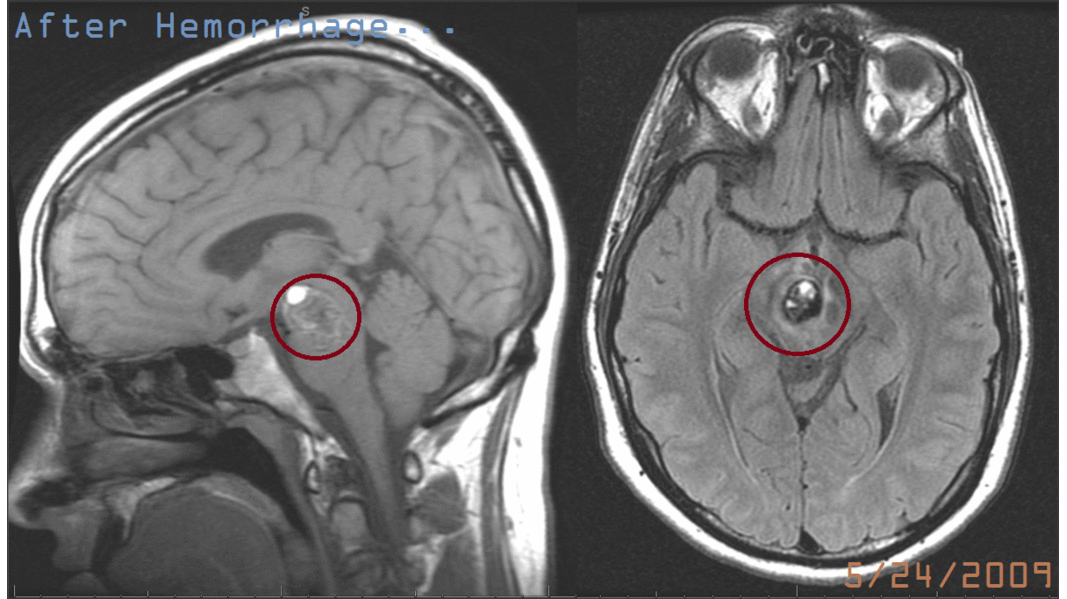I was on the Bookface recently and had a moment of clarity. I was commenting about how it was raining…AGAIN! Being the risk-taking maverick that I am, I attached a comment about Lent. It reads thusly –
“Oh look. It’s raining. Side note – surely Jesus had ONE thin mint during those 40 days in the desert here. That gets me to thinking – I wonder if “desert” and “dessert” are so closely related because people often give up sweets for lent.”
I thought it might be time for some fun facts about lent, dessert and the desert. Firstly, I don’t know about you, dear reader, but I’ve always been curious about the word “Lent”. I thought for sure it was Latin for “deprivation” or “control yourself”.
Turns out it means “spring”. Here, this guy says it better “The word Lent itself is derived from the Anglo-Saxon words lencten, meaning “Spring,” and lenctentid, which literally means not only “Springtide” but also was the word for “March,” the month in which the majority of Lent falls.”*
For those pagans out there who don’t observe the Catholic faith, Lent is a period, lasting roughly 40 days, of austere prohibition of some desirable item or activity. I didn’t know there was a debate on this, but some religions say Lent is 40 days, others say 44, some say it when they talk about letting people borrow stuff in the past tense (i.e. I Lent Jasper my copy of National Enquirer, he wanted to read the article about the talking alien space dog that came to warn us that his owners were planning to invade earth); also “lent” is a mispronunciation of the furry stuff in your pockets after getting them out of the dryer…
…Moving on…
… This is done in observance of Jesus’s 40ish days of prayer and contemplation in the desert (or wilderness, depending on who you’re talking to, I saw an enterprising article use the term “desert wilderness”, I think I’ll go with that); and what distracts you from prayer and contemplation more than eating?
One consumable that can really spoil even the most meditative mood is dessert. Armed with that knowledge and the fact that dessert is only one letter removed, I had to dig deeper. Turns out,
“dessert” and “desert” are both French.
“Dessert” is derived from the French desservir, a compound of des, or “removal”, along with servir, which means “perform complex calculations while wearing a shako”…errr…It simply means “to serve”.
In essence, dessert is literally “to remove that which was served”. You might also say it is “deserved” – but that is a horse of a different color.
Before this lexplanation (oooh, I like that) gets overlong, let’s have a look at desert.
Checking multiple sources, it seems that desert ultimately stems from the late Latin desertum, or “thing abandoned”. It also meant “neuter” as a noun in the past participle. What does that mean? As much of a grammar Nazi as I am, this one is tricky. I’m going to hide behind the nuances of language and say that an English translation is not grammatically possible.
If anyone out there can use desert to mean neuter as a noun in past participle, feel free to comment and rub it in my face.
How do these words relate?
Hmmm…
Dessert is literally clearing the table, essentially turning the table into a desert, devoid of any and all sustenance. As such, to have dessert is to create a desert. Moreover, deserts have been cleared of all things that might be considered sustenance, therefore the desert is the earth’s dessert. This means that the two words, in either context, are interchangeable.
For instance –
Cake enthusiast after dinner: “Where’s the cake? The table is a dessert.”
Crotchety grandma: “Quiet you, desert is on the way!”
FIN
@JarrettLWilson
* http://www.catholiceducation.org/en/culture/catholic-contributions/history-of-lent.html


And your response to Seder?????????????????
Seder? ¿Que quienes?
I tried to read this last night and decided I was simply too tired. I read it now, figuring I was more alert. I did chuckle as I read it, but my response is still “Huh?”
I just read it again and I see where you’re coming from. I thought it was interesting how people often give up dessert for Lent and Lent is based I on Jesus’s time in the desert. Not sure if I succeeded in my pursuit to establish a connection, but I liked the concept, so I threw it out there. Thanks for reading and commenting.